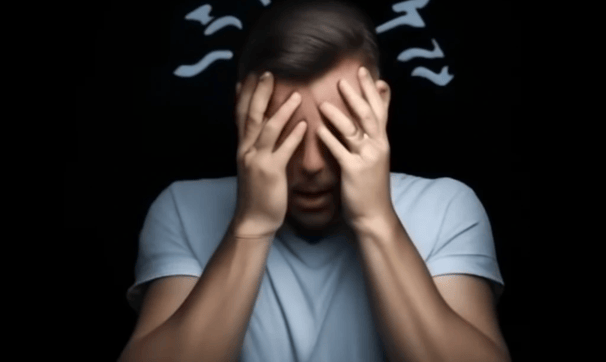Tension Headache Treatment
HEALTH


The most prevalent kind of headache is a tension headache. They may be referred to as tension-type headaches by medical professionals. Your forehead and temples may feel compressed with these headaches.
Tension headaches may be treated at home, and medical professionals may recommend medication and other therapies to reduce the pressure and discomfort associated with tension headaches.
Most important thing is to rule out tension headache with other types of headache like migraine
What is Tension Headache?
A tension headache is one that presses on your forehead and temples, giving you the sensation that a tight band is stretched around your head. They may be referred to as tension-type headaches by medical professionals. Tension headaches may be caused by a variety of circumstances, and it may not be possible to completely prevent them. Thankfully, there are several ways to avoid getting a stress headache. Additionally, medical professionals may have drugs and other methods to relieve tension headache pressure if home therapy proves ineffective.
Treatment Of Tension Headache
The kind of tension headache determines the treatment. For instance, your doctor could advise you to begin using over-the-counter painkillers such as the following if you suffer from episodic headaches:
Acetaminophen(Tylenol)
Aspirin.
Ibuprofen (Motrin®, Advil®)
Naproxen Sodium (Aleve® )
Your doctor could recommend the following if you suffer from persistent tension headaches:
drugs that prevent seizures, such as topiramate (Topamax®, Topiragen®) or gabapentin (Neurontin®).
Pain-relieving antidepressants include amitriptyline.
Alternative stress-reduction techniques include biofeedback, meditation, and cognitive behavioural therapy.
TMJ or sleep apnoea physical therapy.
What are adverse effects of treatment?
Rebound headaches are a frequent possible adverse effect of using over-the-counter and/or prescription pain medications for tension headaches, while side effects and risks differ depending on the therapy.
Overuse of headache medications may result in rebound headaches, also known as drug overuse headaches. Doctors advise against using painkillers more than ten days in a month.
Prevention
How may a stress headache be avoided?
The best defence against a tension headache can be stress management. The best stress-reduction techniques are those that you can use on a regular basis and that you like doing. Here are a few instances:
therapy with massage.
Frequent physical activity.
get enough sleep.
Prognosis and Outlook
If I get a stress headache, what can I do?
If you suffer from episodic tension headaches as most people do, you may control them by lowering your stress levels and using painkillers. Antidepressants or phyical therapy may be necessary for those with persistent tension headaches.
How may a stress headache be relieved?
Sometimes tension headaches may be relieved with over-the-counter pain medications. Applying a hot or cold compress to your head and neck is one possible home remedy.
What time should I see my doctor?
Although they are not life-threatening, tension headaches may indicate a significant medical condition or the worsening of an existing one. See a doctor if you suffer from a headache and you have:
a rigid neck.
Tenderness or pain near your temple, such as when you comb your hair, or in your jaw when you chew.
persistent fever above 103 degrees Fahrenheit.
If you are 50 years of age or older, you may get headaches that feel different or occur more often than normal.
a headache that only appears when you get up or lie flat. This headache is positional.
You may have cancer or an autoimmune condition and see that your headaches are becoming worse or more frequent.
weakness or numbness.
What time should I visit the emergency department?
If you experience a sudden, intense headache that becomes worse rapidly, you should visit the emergency room. Additionally, you should seek medical attention right once if you have a headache and encounter:
Weakness, slurred speech, or confused ideas.
changes in your speech or vision.
weakness, sleepiness, disorientation, or unsteadiness.
having trouble breathing.
Also Read Rhinnorhea Causes and Treatment
